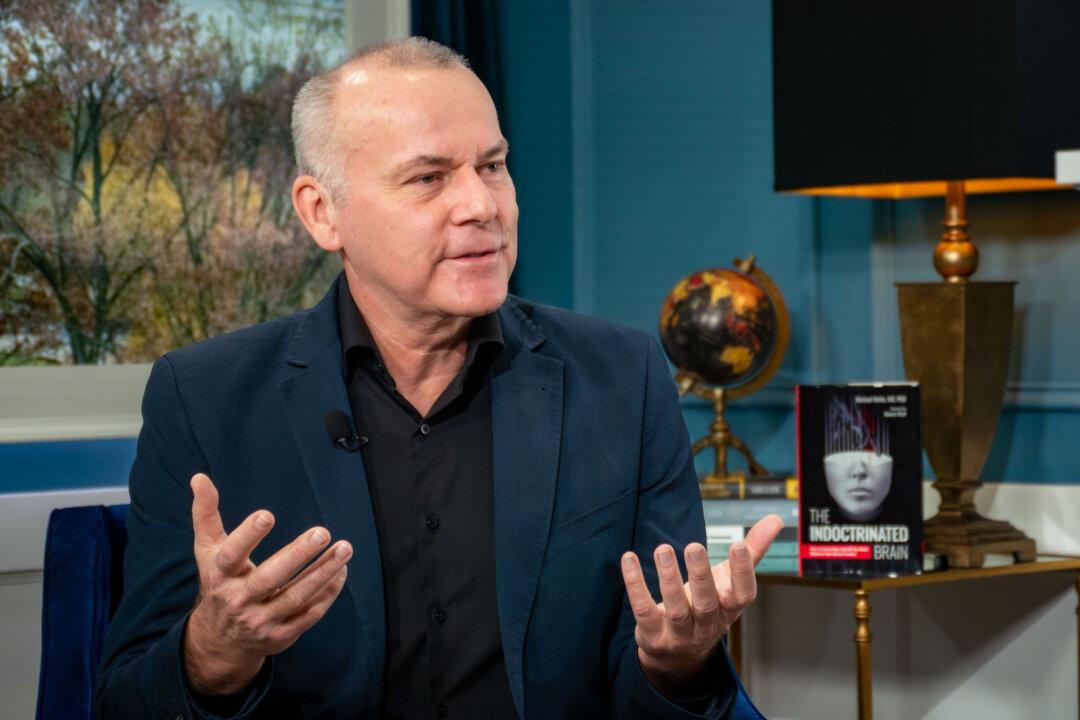In a recent episode of “American Thought Leaders,” host Jan Jekielek speaks with Dr. Michael Nehls, a molecular geneticist, physician, and author of the new book, “The Indoctrinated Brain: How to Successfully Fend Off the Global Attack on Your Mental Freedom.” Dr. Nehls advocates for a strong “mental immune system.” His studies look at the critical portion of our brain known as the hippocampus, which processes and indexes memories. His website is Michael-Nehls.com.
Jan Jekielek: In “The Indoctrinated Brain,” you explain why so many of us might be believing some preposterous narratives. Please explain this to us.





